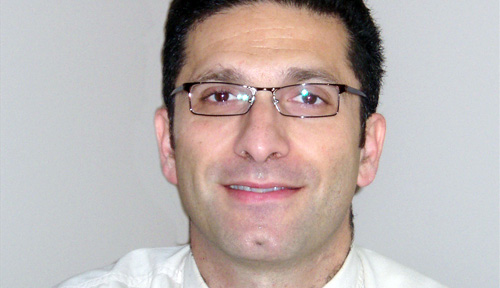One of the largest challenges COVID-19 presents to the medical community is the inability to treat it since there are currently no FDA-approved therapeutics or vaccines. However, the National Institutes of Health (NIH) announced on February 25, 2020, that it had selected UNMC/Nebraska Medicine to be the first in the United States to conduct a clinical trial on remdesivir as treatment for COVID-19 patients. Dr. Andre Kalil, Professor of the Department of Internal Medicine at UNMC and an Infectious Diseases physician at Nebraska Medicine, is leading the randomized, controlled clinical trial to determine the efficacy of the broad-spectrum antiviral drug remdesivir (developed by Gilead Sciences)—the first clinical trial of its kind in the United States.
The World Health Organization has considered remdesivir the most promising possibility for a therapeutic because it stops replication of the virus. Previously, it had been used to treat Ebola virus patients, and it has been used in animal models to treat Middle East Respiratory Syndrome (MERS) and Severe Acute Respiratory Syndrome (SARS), both of which are closely related to COVID-19. To prevent bias in research, the trial will be conducted as a double-blind study—meaning neither the researchers nor the participants know who is receiving remdesivir and who is receiving a placebo.
The study will be conducted on 400 patients worldwide with initial results becoming available after 100 patients complete the trial. Study participants must have tested positive for COVID-19 and have moderate to severe symptoms to be eligible to join the trial. One the fourteen repatriated Americans that arrived at the Global Center for Health Security to be quarantined after visiting China on the Diamond Princess cruise ship, volunteered to be the first trial participant, and two more participants joined the trial at UNMC. NIH will also collaborate with other countries to include their patients in the trial and will adapt it to evaluate additional investigative treatments as needed. Until a therapeutic is approved, patients will continue to have their symptoms treated with fever reducing medications and fluids; in more severe cases the use of ventilators will be used to help them breathe.
